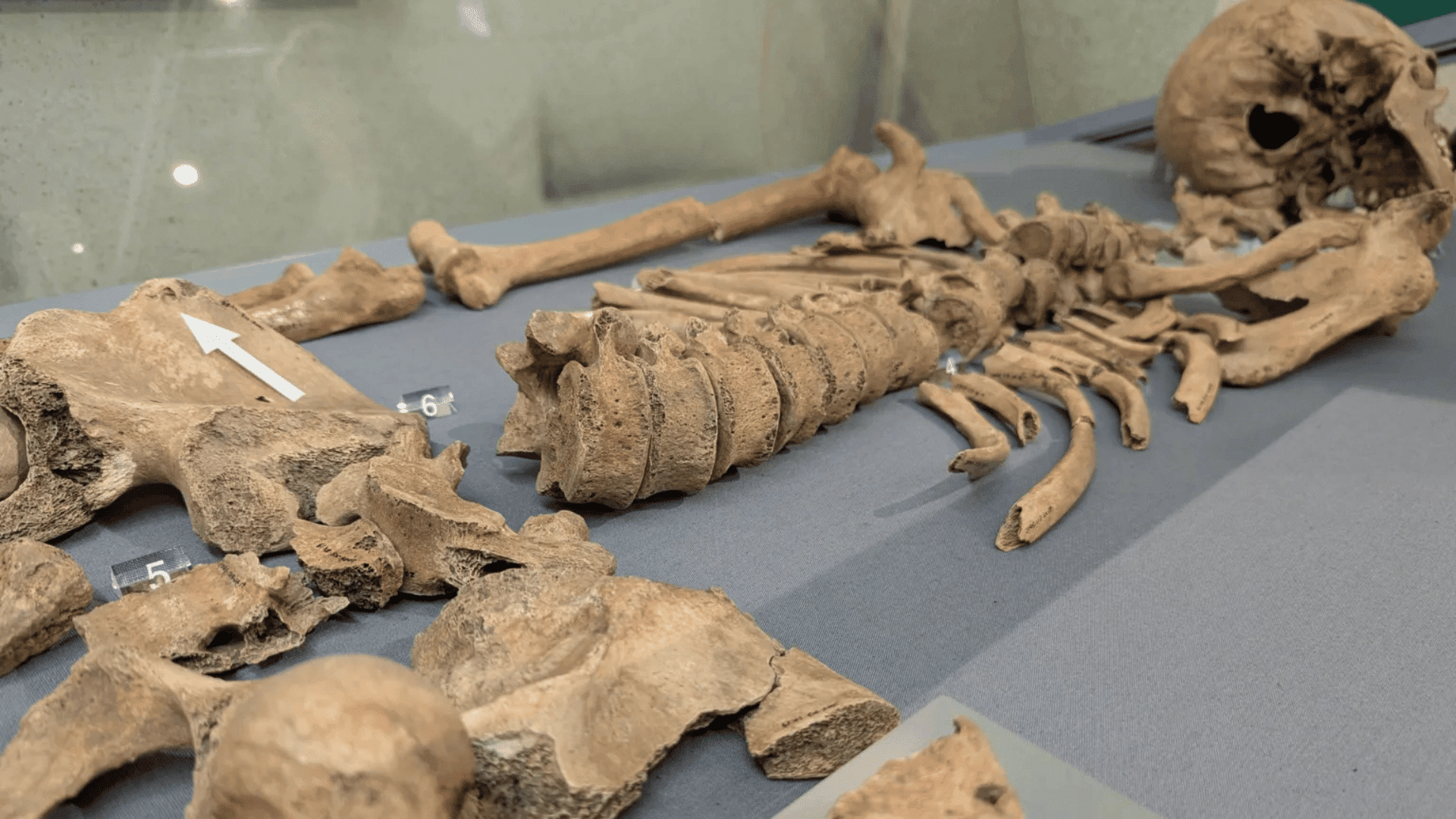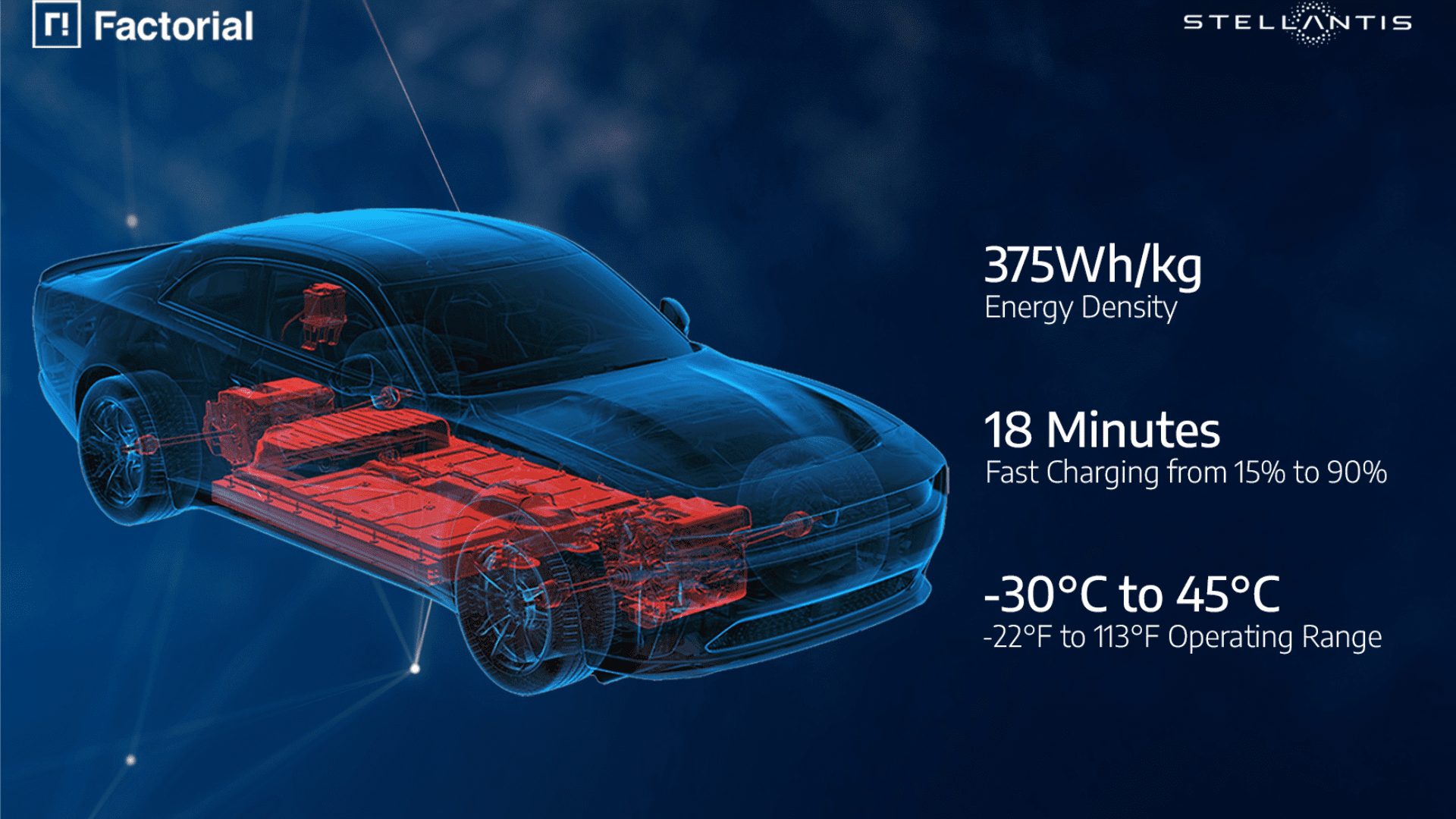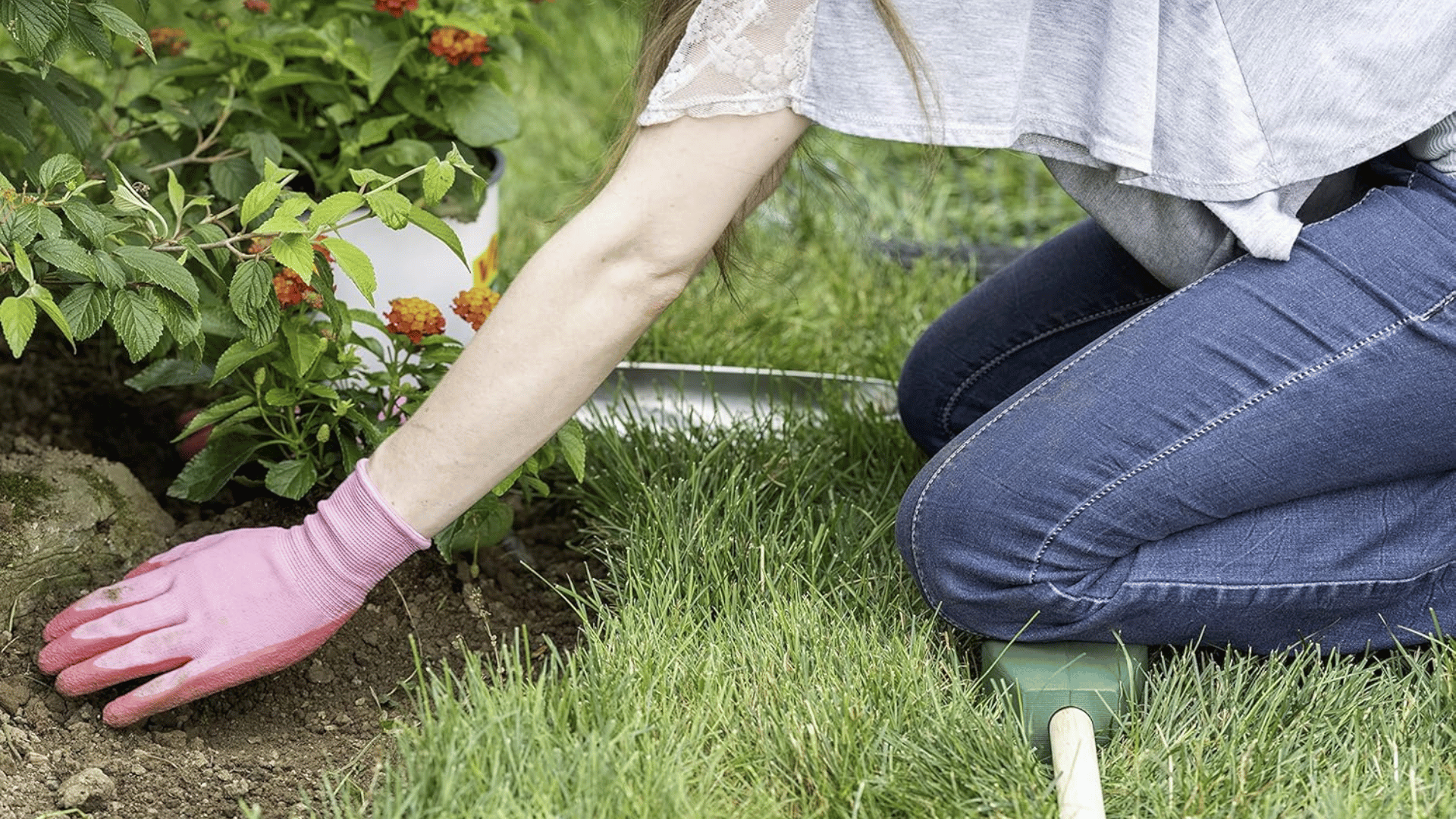While some photographers grow up knowing their calling, others discover their passion for the medium and develop their style in unexpected ways. We sat down for an interview with Pittsburgh-based photographer Henry (Hank) Malone to learn more about how he discovered photography and how he has evolved as an artist over time.
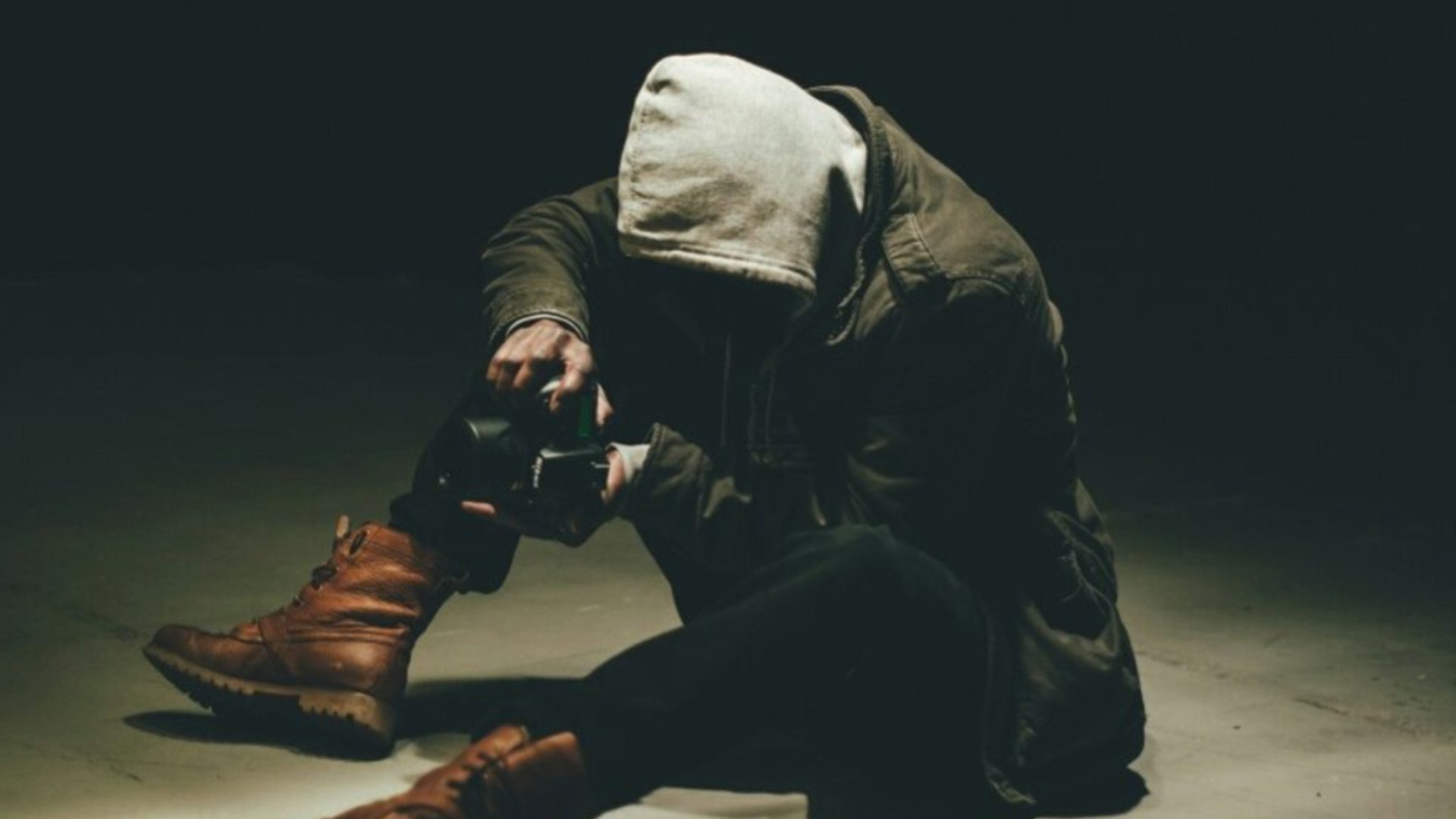
Tomorrow’s World Today (TWT) How did you get started with photography?
Henry Malone (HM): I went to college [at Indiana University of Pennsylvania] for business and a few friends [and I] decided to start our own clothing line. And I [did] graphic design at the time, so I designed the clothes and the logo and everything… and then [we] wanted to display the shirt. And I [knew] the only way we [could] display the shirts would be to take photos, [but] I didn’t want to [take] typical phone photos. I went to the library at the college and rented out a camera, took photos, and fell in love with it. The next summer, I went to go buy a camera for my birthday and changed my whole major from business to communication/media. And I’ve been taking photos ever since.
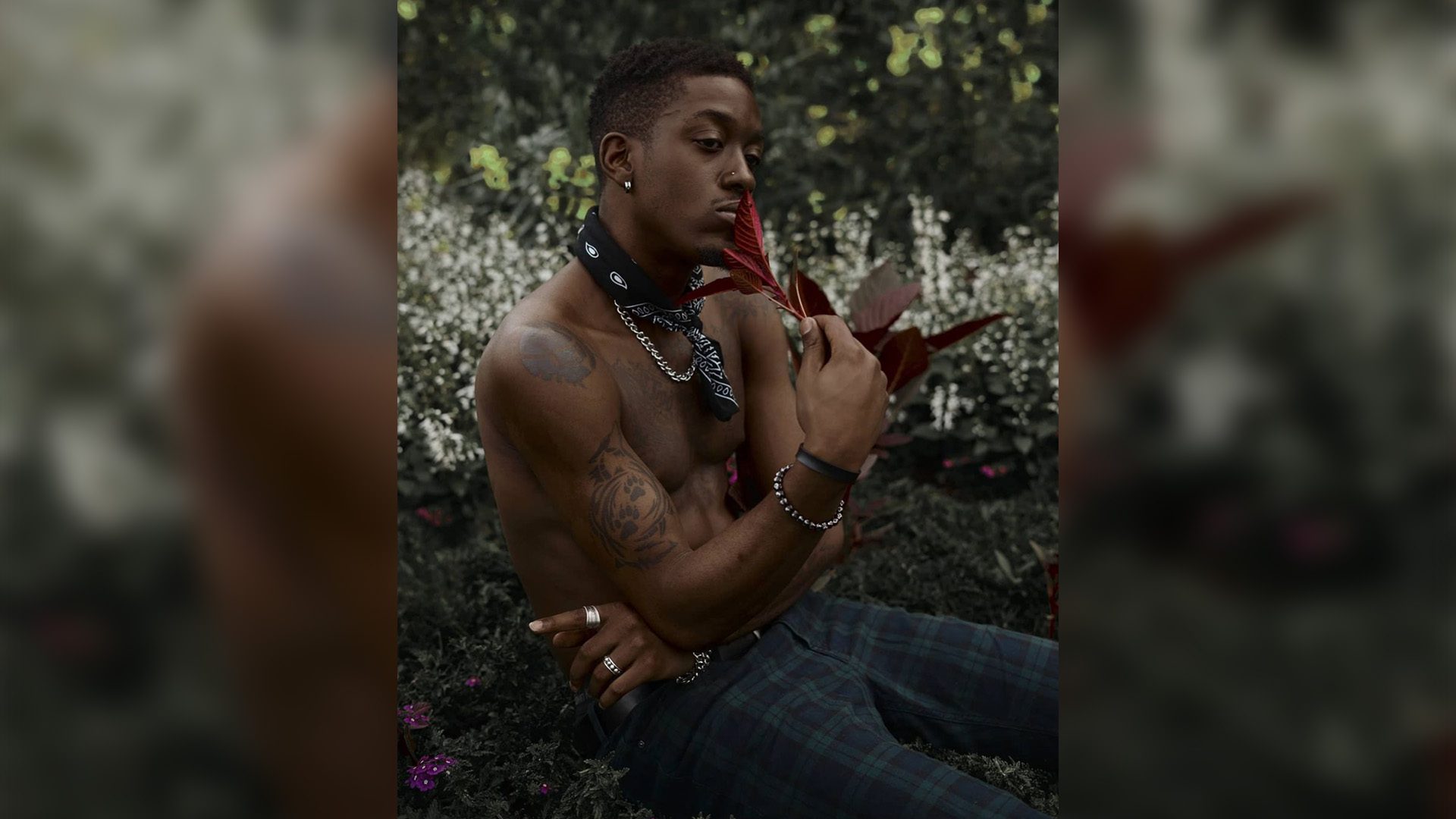
TWT: How would you describe yourself as a photographer? How would you describe your work?
HM: I would describe my work as candid but cinematic. I like genuine emotion when it comes to my portraits. I don’t want to be a typical headshot photographer, my style is mostly moody and dark, with contrast, dark shadows, and probably soft highlights. I bring out people’s personalities when it comes to taking photos. My portrait sessions are like interviews, so it’s me getting to know the person and finding out their hobbies and what they’re into and basically getting the person to be comfortable. And when they’re comfortable, you get the best photos and then you get the best experience and then they come back for more. [I] like to make sure they have a great experience.
TWT: How has your work changed over time/how have you grown?
HM: As a new photographer, you always try to stay with the trends and try to make yourself relevant. Over the years, you start to develop a style and you start to dial into what you want to be known as, what you want your style to be, how you want your photography to be portrayed, and [to know] your niche. I [believe] you can only do that through experience and through years of practicing and finding out what works for you.
TWT: What has been your biggest challenge as a photographer? How did you overcome it?
HM: I would have to say imposter syndrome would probably be my biggest problem as an artist. Not knowing if your work is popular or people like your work because it’s trendy or [if] they like your work because it’s actually your work. [I overcame that by] being around different kinds of artists. Being around different artists and picking up different perspectives has always helped me branch out. And also [having] people able to identify my work as me, to identify something I’ve taken and knowing it’s my style, even though they weren’t there or they’re not a professional photographer or an artist of the same medium.
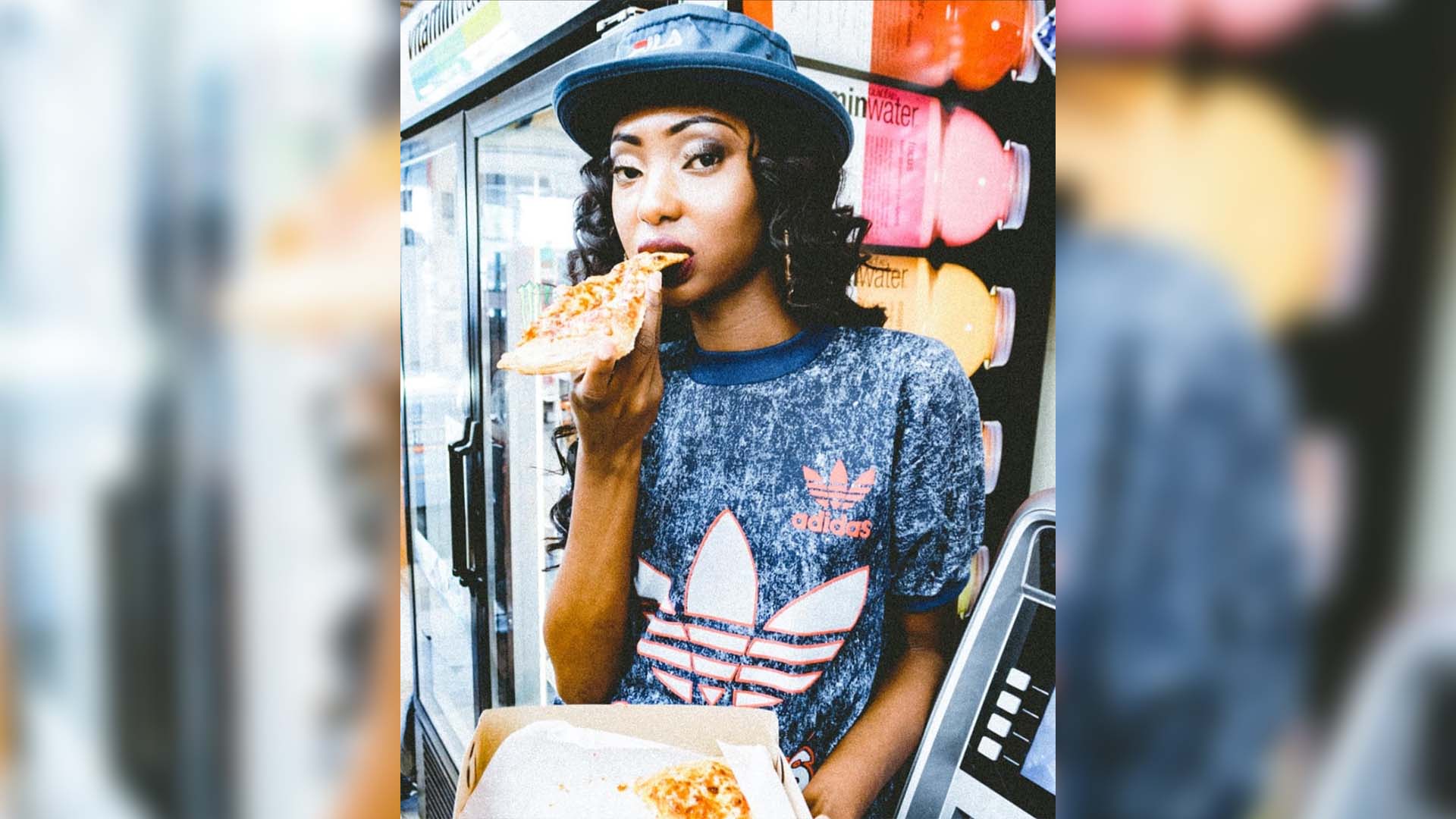
TWT: What has been your proudest moment as a photographer and why?
HM: My proudest moment as a photographer would be being [featured] in Pittsburgh magazine known as Genesis magazine. [I was] recognized as an up-and-coming photographer alongside a few of my fellow artist friends and fellow photographers. I feel like that was a great confidence boost and a great achievement for me to be recognized… among people that I [believed] were super above me as artists and [to be] considered peers with them.
TWT: What are your goals for the future?
HM: To own my own media production company magazine. A creative agency is the best way to describe it, like photographers, fashion designers, videographers musicians of all mediums. I’m a man of many facets of art, I like to do everything and I like to learn as much as I can and do as much as possible… I’ve always been into music and I work with a few artists that produce and rap and they also create music and videos. So [we thought], let’s all come together and be a creative company and use everyone’s talent together as allies.
TWT: Who are your role models and why?
HM: Kobe Bryant is definitely a man I looked up to [for his] hard work and pure obsession with whatever he’s into, [anything from] basketball to picking up a second language. [He was] a man of pure obsession and passion for learning.
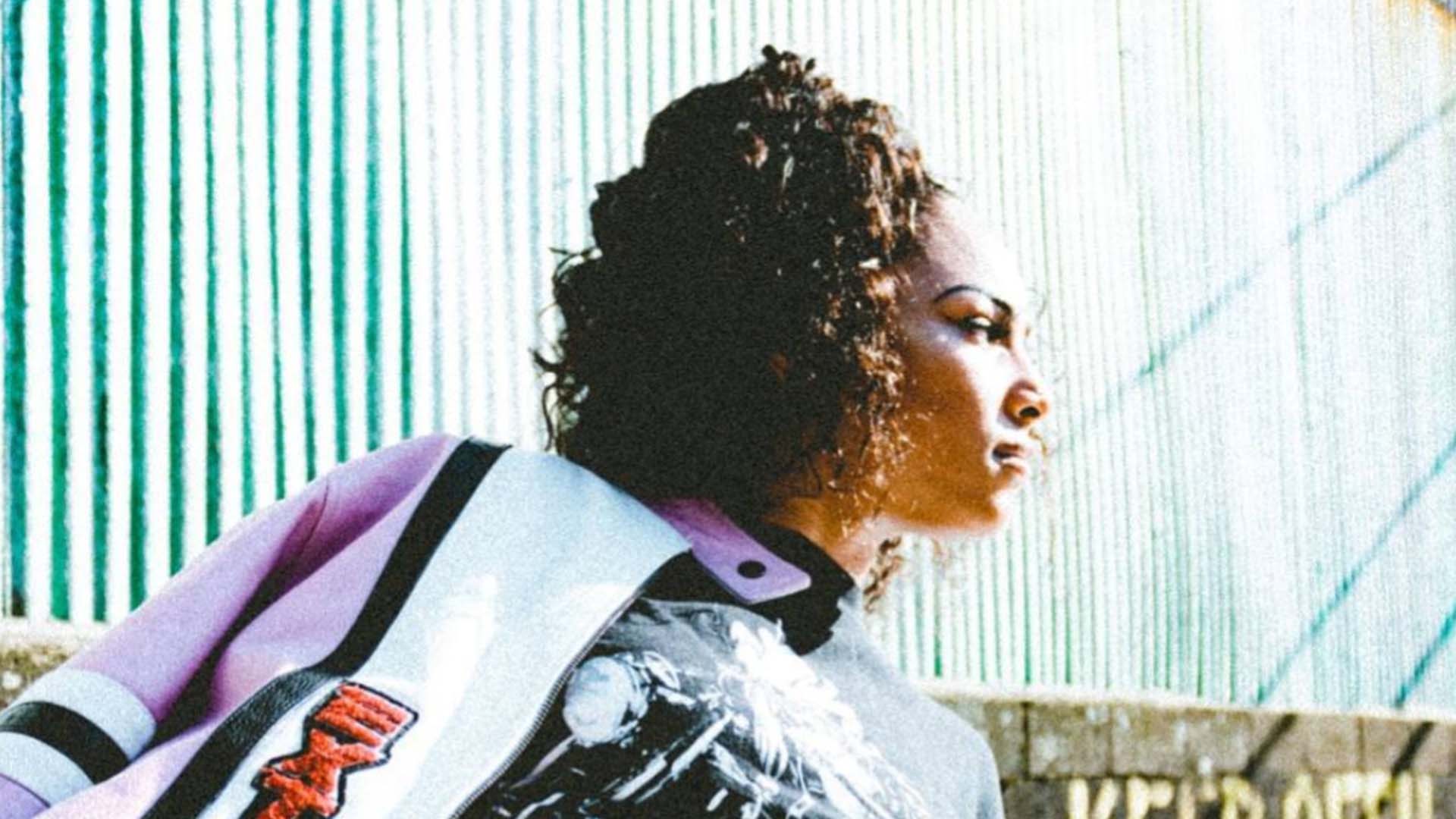
TWT: Do you have a favorite photo you’ve taken or one that particularly stands out to you? If so, why?
HM: Okay. Well, the specific project that I wanted to highlight was a collaboration I did with a bunch of my creative friends for a vintage store called House of Vain. It’s my friend’s clothing line and he was opening up a store. We were orchestrated to do those summer/spring lookbooks and it was probably my first serious group effort as a photographer because I mostly work by myself. So it was kind of like my first experience [working] with makeup artists, people scouting for locations, people coming up with pieces for specific locations, models, and just executing it perfectly… And that was a different experience than I was used to.
[Another photo] would be my Empire State Photo. I went to Manhattan for my birthday weekend and walked twenty-five blocks to the Empire State Building in 105-degree weather and get all the way to the Empire State Building and took photos by myself and then walked back to my hotel and went to sleep. And I woke up probably at like 06:00 a.m. just to try to get there. So it was an experience of just going to New York and making sure to get that photo, traveling, and walking the streets of New York by myself.
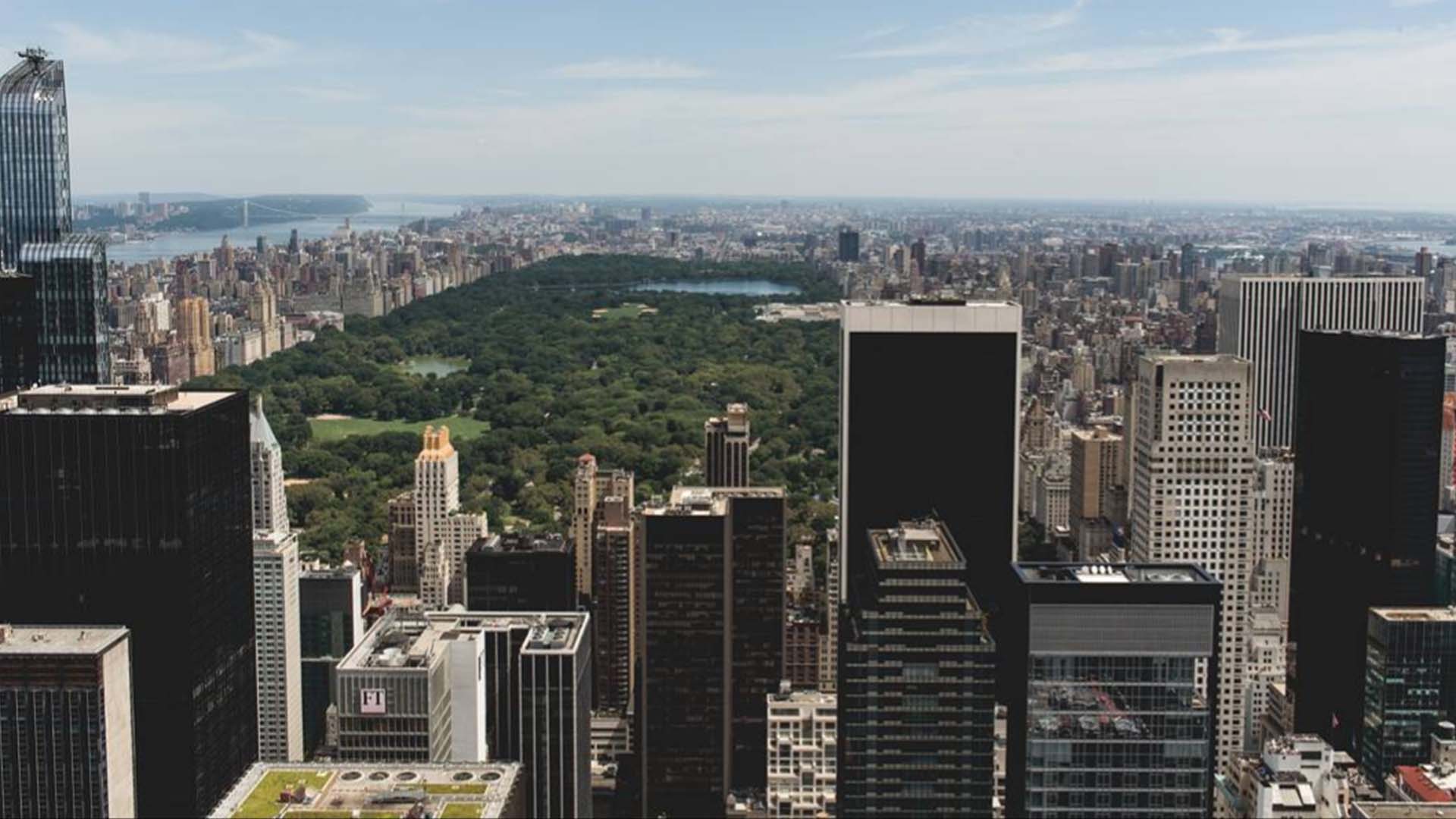
TWT: What is the biggest change you’ve seen in the industry since you started? What changes do you want to see happen in the future?
HM: The biggest change I’ve noticed is the photography and cameras and how… everything is becoming less expensive. Cell phones have high camera grade features and you can shoot and edit a movie on your phone if you have the time and patience. When you think of movie sets, some of those cameras are $60,000+ just by themselves. Being an indie director or cinematographer now, you can shoot a movie with movie-quality equipment at a cheaper rate.
[In the future,] I would like photographers to be considered a little more important when it comes to artistic projects. When it comes to medium and being part of events or projects, photography is the least thought about and also mandatory. We’re always the last on the food chain, but it’s always up to us as artists to prove ourselves and market ourselves.
TWT: What piece of advice would you give to aspiring photographers?
HM: The best advice I can give aspiring photographers is to shoot everything until you know what you want to shoot. And don’t be scared to be [yourself] behind your edit and behind your composition. Nothing is wrong in photography. So when people critique your work, consider it but there are no rules. That’s one thing people don’t understand. It’s art, everything’s perspective.
For more information about Henry (Hank) Malone and his projects, follow him on Instagram: @hankisdope and on Twitter: @hankisdope.



